|
There is so much in this world to be afraid of: The possibility of losing your livelihood, of the inability to feed, house and keep yourself and your family safe. The lurking presence of hate in our communities, of people willing to harm their neighbors. The increasing probability of natural and manmade disasters. The feeling of powerlessness. Of pain. Of grief. Of terror.
But none of these are the thing I am most afraid of. Because the thing I am most afraid of tops this list and magnifies it ten-fold. The thing I am most afraid of, you can call it confirmation bias. You can call it partisanship or living in a bubble. Whatever you call it, it looks like our country right now – like a pair of people both convinced they're in the right, both simultaneously trying to prove the other wrong. They've got their fingers plugged in their ears, and they're shouting until their throats are raw. I'm of course talking about the folks who support and voted for Donald Trump, and the folks who don't and didn't. To be straight, I am one of the latter. I voted for Hillary Clinton with a smile on my face, and I felt a deep, dark dread in the pit of my stomach when it became clear Trump was winning on the evening of November 8th, 2016. I've continued to feel variations of that dread every day since, as I've seen and heard more and more evidence of the gaping, weeping wound that divides Americans. The important part of that metaphor I used before – the image of two people screaming at each other, fingers in their ears – is that both of those people think they're in the right. Which means, of course, that both also think the other is wrong. And neither side is willing to open their ears or minds to the other. I knew about confirmation bias long before this week. I knew that people tend to look for the "evidence" that supports their beliefs and wave aside anything that refutes them. But it was only through the process of engaging with my uncle, who felt the urge to do celebratory cartwheels when he heard the election results, that I really understood this phenomenon in practice. While debating with my brother and me on Facebook, my uncle said this: "My biggest beef is with the George Soros / DNC funded socialist protest movements that the liberal main street media gloms onto. Whether you think this is a conspiracy theory or not there's enough like minded people such as myself, your grandfather, all the other Americans that voted for our new President :-) and many others in our family who will go unmentioned, that know what's really going on. We stay informed on a daily basis and we're not going to take it any more!" The thing is, I know he and my Trump-supporting family members "stay informed on a daily basis." But so do I. And so does my brother. We're just staying informed through different, opposing sources. And we're both convinced the other group's sources are biased and, not only biased, but also just plain making shit up. I discovered that I couldn't have a productive discussion with my uncle. He adamantly believes that immigrants are taking jobs away from Americans; that the wage gap between men and women is a result of women being unwilling to take risky, life-threatening jobs that pay more; and that social justice movements (e.g. Black Lives Matter, Occupy Wall Street) are instigated and funded by "socialist" elites, and aim to limit white males' free speech and condemn American male masculinity. And he can produce a number of sources that back up those beliefs. I, on the other hand, believe that immigrants contribute to the growth and value of our economy; that the wage gap between men and women, not to mention white people and people of color, is caused by discrimination; and that the aforementioned social justice movements are largely grassroots and aim to give disenfranchised Americans the voice and power they deserve. And I also can produce a number of sources to back up these beliefs. Whatever words my brother and I used to try and reason with my uncle, he had a defense lined up. And for each of his defenses, we had our own response. It was a stalemate. This unyielding stalemate is terrifying to me. Us, on either side of the divide, we're talking at one another, not with each other. We see each other as less than. Wrong. Enemies. Villains. Or, at best, deluded. Brainwashed. I strongly believe that Donald Trump and many of his supporters are racist, sexist and ableist in very dangerous ways. But Donald Trump and his supporters don't believe that they are racist, sexist or ableist. The few supporters who have admitted that Donald Trump has said and done racist, sexist and ableist things, they still voted for him. They gave him a pass. That is horrifying to me, and I know that it is horrifying to so many others as well. And yet, thousands of people don't understand our horror. They think we're unjustified in feeling how we do, or that the changes our President-elect might make outweigh all the rest. After this election, I wonder if we'll ever be able to have productive conversations and collaborate with one another. I wonder if we'll ever trust the same news sources, ever agree that a policy is good for everyone. I wonder if we'll ever make any headway on racism, sexism, ableism; if we'll ever stop hating and hurting one another. If we'll ever stop the pendulum swinging back and forth, erasing each other's progress. [Update: I was feeling very dark when I wrote this piece earlier this week. Since then I've read a number of more hopeful articles and blogs, as well as talked to so many people who are determined to double down on their social justice and advocacy work. I've heard about productive conversations between Trump and Clinton-supporters – conversations that helped both parties understand each other a little better. And I know that many Democrats are reflecting and pledging to listen, respond to and include the working Americans who still feel like they are stuck in the recession, who feel like the current way of doing things in government and politics has left them behind. I'm still fuming about the way Trump ran his campaign, not to mention about the appointments he has proposed for his White House. I'm filled with anxiety for my disabled, LGBTQ, Black and Brown, immigrant and refugee, and lady friends and neighbors. But I also believe in us. I believe we can change our narrative to include more people. I believe that, because this election has made the divisions in our country more clear, we can use that clarity to grow and focus our movements.]
0 Comments
When I think of conceptual art, the first thing I picture is art students making molds of their genitalia, using bodily fluids as a medium or, in a worst case scenario, combining both in the same art piece. The third or fourth thing I think of is conceptual art that I actually like, such as Felix Gonzalez-Torres's "Untitled" (Portrait of Ross, in L.A.) or Song Dong's Stamping the Water. The conceptual art pieces I enjoy and appreciate aren't about shocking an audience, nor is their entire purpose to pose the tired question "What is art?" Instead, they challenge norms, confront social injustices and cause the artist and audience to look at everyday life experiences in a new way. This is my first foray into conceptual art, outside of school assignments: Shoes. More specifically, a pair of old flats I've covered in canvas - the kind most artists would stretch over a frame and paint on. Here is the completed product: Of course, the shoes themselves are not the art piece. The art piece is in the concept. I'm interested in the smudges, the drips and dirt, that will inevitably wind up "painting" the shoes when I wear them on my daily excursions. So far, I've worn the shoes twice: once to work and once to the Killer Pumpkin Festival in Portland, OR. They're already showing signs of use. No pumpkin beer stains, but I do spy bike grease and mud.
While definitely not on the level of anything by Gonzalez-Torres or Song Dong, I'm hoping this piece turns out to be a little bit better? more interesting? less "surprising?" than a cast of a penis. Although, unfortunately, feces and urine might end up being part of the final product. I do live in a city. I've been reading Iris Bohnet's What Works, and it's got me wondering, would I have chosen a career in communications if not for gender discrimination?
What Works is about gender discrimination in the workplace and steps that can be taken to avoid it. I'm less than halfway through, but what I've read so far is pretty disheartening. Gender discrimination is ingrained in us. It starts from the moment we're born, when we're immersed in a society that assumes boys and girls have different innate skills, and follows us through our lives. For example, boys are expected to excel in math and science, while girls are expected to excel in reading and writing. Even when girls overcome expectations and choose to pursue careers in math or science, the stereotype lurks in the background and casts a shadow on their pursuits. One experiment found, when presented with a male and female candidate with the exact same qualifications, faculty in a university science department rated the man as much more competent and were more likely to hire him for a laboratory manager position. Even when the female candidate had higher qualifications, the faculty were still more likely to hire the man. Like I said, disheartening. As a kid, I did just as well in math and science as any other subject. In fact, in high school I did better on my Calculus AP tests than I did on my English Language or Literature tests. And in middle school, I definitely preferred learning about genetics and lighting Bunsen burners to discussing Beowulf. Even so, I don't recall ever being praised for my math skills. I only recall being praised for my writing and art. Is it possible I chose to pursue a career in communications because I was praised for and encouraged to develop the skills that are necessary in that field, and because my parents enrolled me in extracurricular art classes and bought me all the books I could read? Would I have gone into engineering or computer science if I'd been complimented on my math skills and signed up for robotics club? Or did my parents buy me books and send me to art class simply because they saw that was what I wanted? Until I started reading What Works, I assumed the latter. It seems I've always loved making things and creating worlds and characters. In second grade, my teacher was showing us step by step how to draw a whale. I burst out crying in the middle of the lesson, and my teacher assumed it was because she was moving too quickly. Actually, I was crying because I didn't want to draw the same whale everyone else was drawing. I wanted the freedom to draw a dolphin or an orca, and I didn't want anyone to show me step by step how to do it. Even seven-year-old Laura prized creativity over everything else. But isn't creativity, making things and imagining new worlds, equally necessary in a research lab or mechanic's shop as a communicator's office? That's not to say my parents or teachers forced me onto the career path I'm on. Not at all. My dad majored in business and wound up in the tool industry; my mom double-majored in computer science and mathematics and wrote computer programs until she left work to be a stay-at-home mom. They would support me no matter what field I chose. Case and point, my sister will soon be a combat systems officer for the U.S. Air Force. And my teachers- well, one of my teachers recommended me for an internship at an investment consulting firm, and I worked for that firm off and on for three years. I had ample opportunity to be an investment analyst. So, the scary thing is, if gender discrimination chose my career path for me, it was likely my own embedded gender discrimination. I never pictured myself with a wrench or test tube in hand, or my fingers on a keyboard, inputting numbers into a spreadsheet, possibly because I didn't picture a woman with those tools. Instead, I pictured myself with a pencil, scribbling stories in a café; with scissors and glue, putting together an interior design sample board; with thread and needle, sewing an avant-garde masterpiece. When I took Harvard's Gender-Science Implicit Association Test, my results showed a strong bias for pairing men with science and women with liberal arts. To be honest, I'm still not convinced gender discrimination led me to the work I do. And the thing is, whether gender discrimination affected my direction or not, I don't regret the job I have or the skills I've chosen to cultivate. Sure, I'd make more money as an investment analyst or an actuary or a doctor. I might even have loved to build things with microchips or power tools. But I know I love what I'm doing now, using words and graphic design to spread a message of social justice. And that love means more to me than money and what-ifs. Then again, maybe that's the insidiousness of gender discrimination. |
authorlaura alison nash, writing about dreams, living with anxiety and depression, and shit that's happening in the world today. Also maybe some fiction. archivescategories |

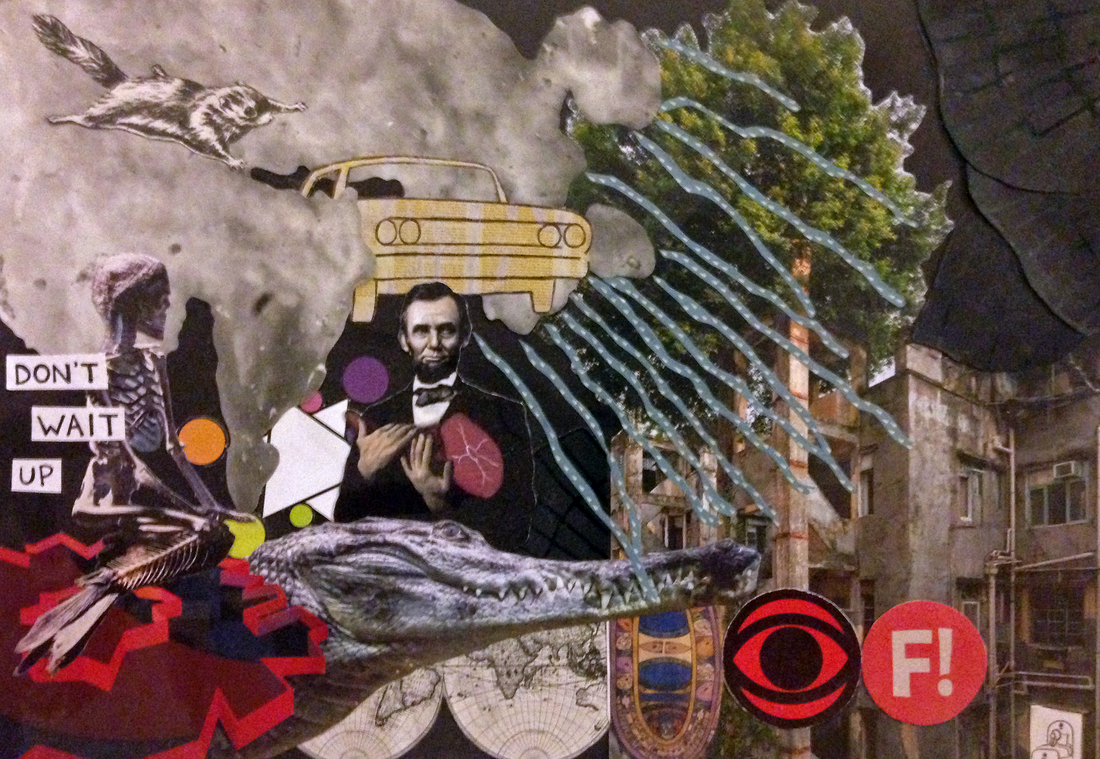
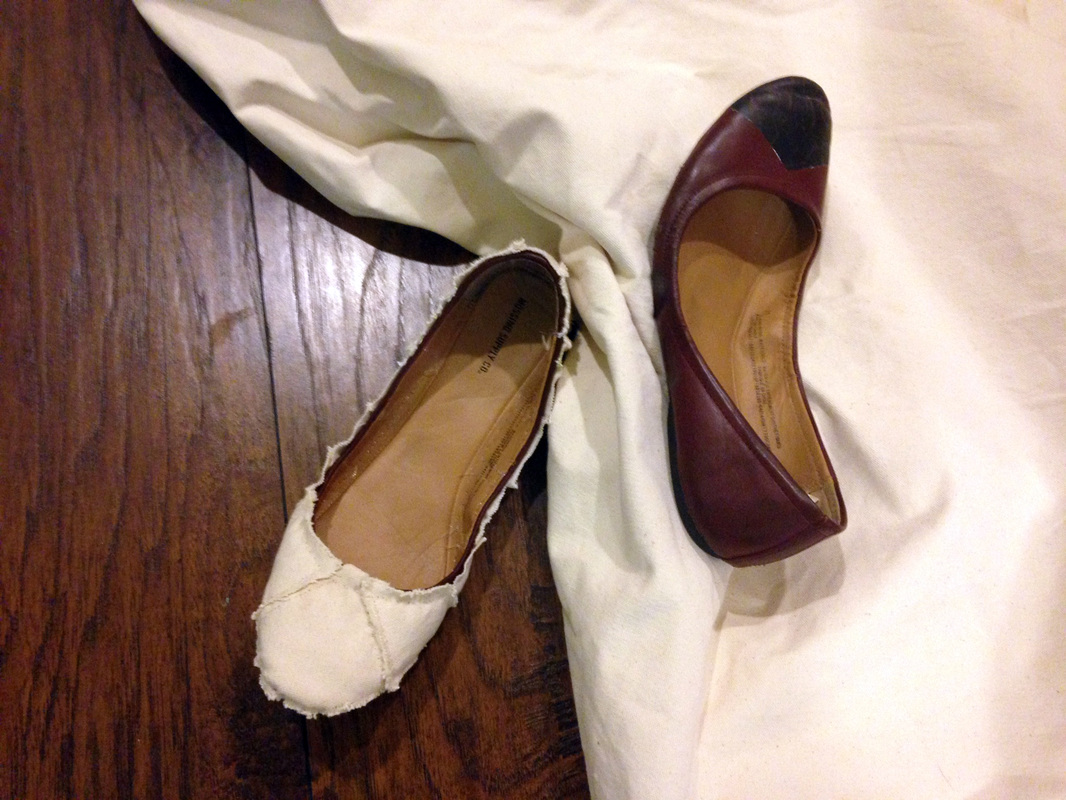
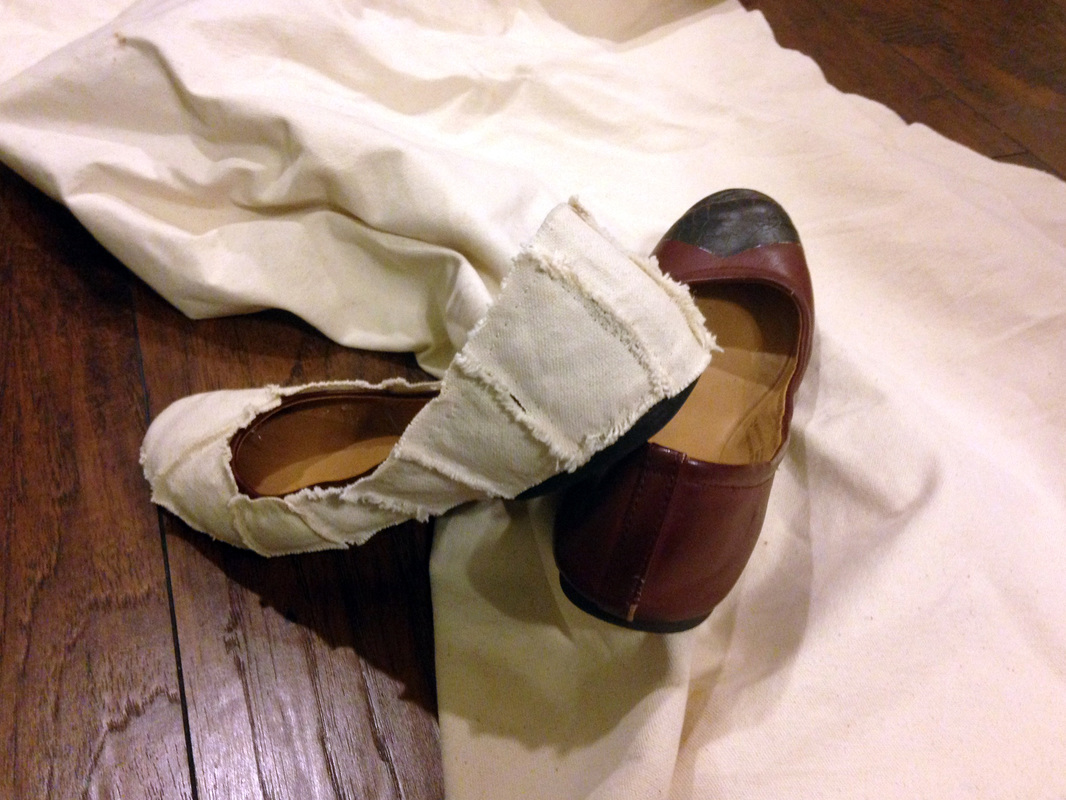
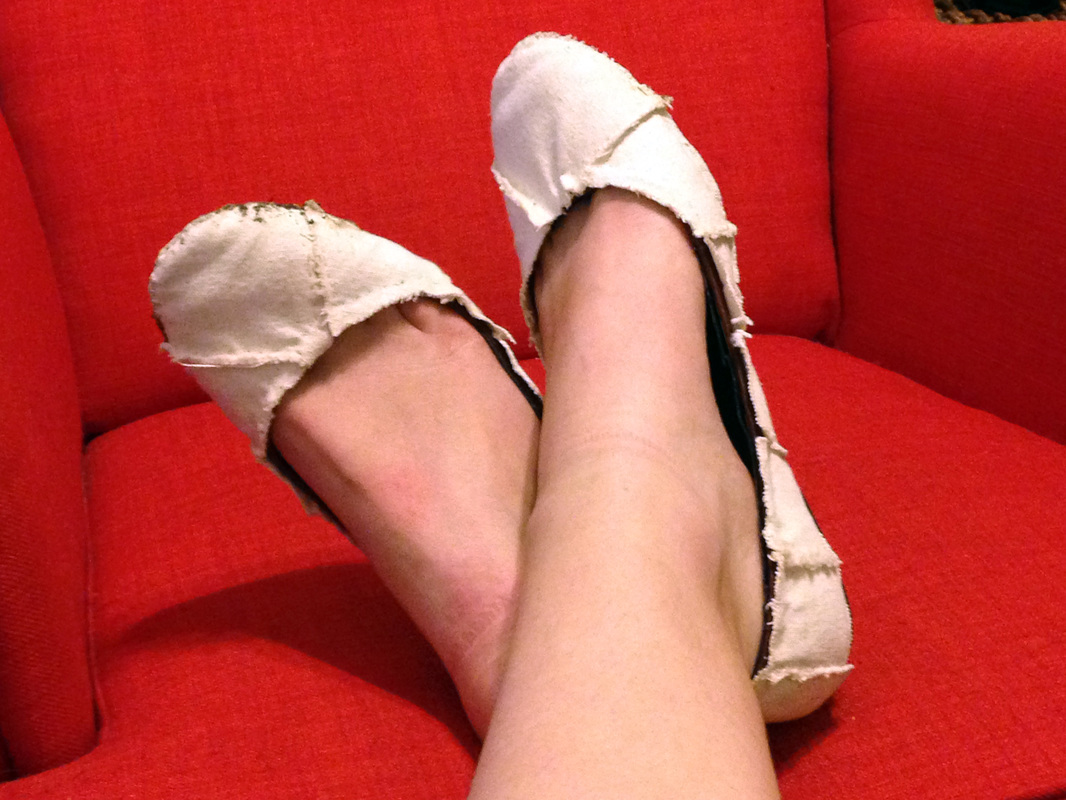
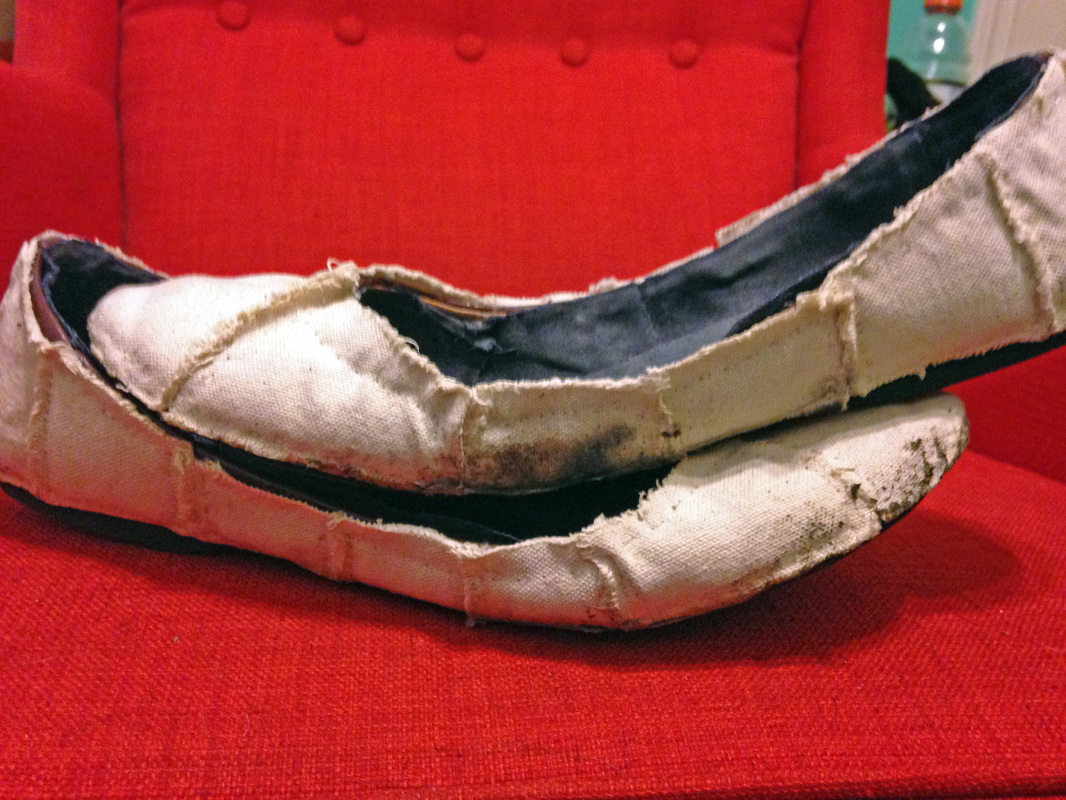
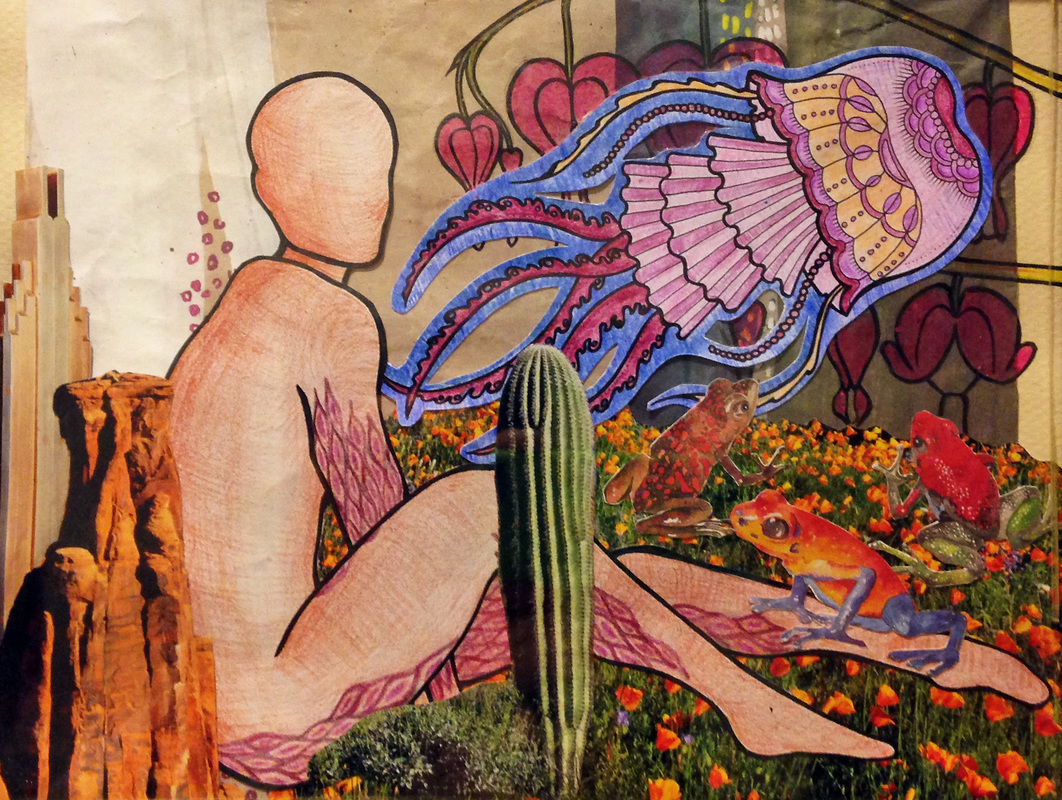
 RSS Feed
RSS Feed